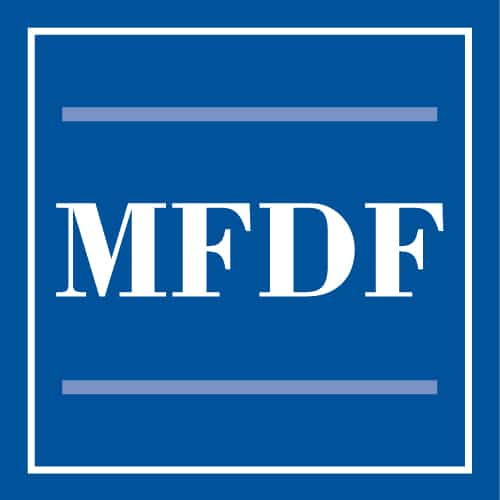Division of Exams Issues Risk Alert on Wrap Fee Accounts
The SEC’s Division of Examinations recently released two risk alerts with one focused on compliance deficiencies regarding wrap accounts. The Division of Examinations said it focused on wrap fee programs because of the continued growth of investor assets participating in such programs and the conflicts and disclosure practices observed during previous examinations. Wrap fee programs can offer clients certainty concerning advisory and execution costs since the wrap fee is generally based on a percentage of the value of the client’s account rather than upon the transactions in the client’s account. But these programs may also create conflicts of interest for advisers and risks to investors, the staff wrote, including incentives for advisers to trade less frequently than may be in the client’s best interest; engaging in transactions that reduce costs to the adviser but increase expenses borne by the client; or mis-billing by failing to incorporate certain covered transactions costs into the wrap fee – to the extent that advisers or their supervised persons have incentives to lower their internal costs. The Division wrote that many examined advisers’ compliance programs could be improved in the areas of compliance and oversight of policies and procedures regarding the tracking and monitoring of the wrap fee programs and disclosures regarding conflicts, fees, and expenses. The staff provided examples of policies and practices to assist advisers, such as conducting periodic reviews of wrap programs, increasing attention to communications with clients, and ensuring appropriate disclosures. The staff also published a risk alert derived from an examination initiative focused on advisers that engaged in cross trades, principal trades, or both, involving fixed income securities. The staff conducted over 20 examinations as part of the fixed income initiative. The alert pointed out compliance deficiencies relating to policies and procedures, conflicts of interest and disclosure deficiencies. The alert did not address practices and compliance with the 1940 Act that apply to cross trading by mutual funds.
